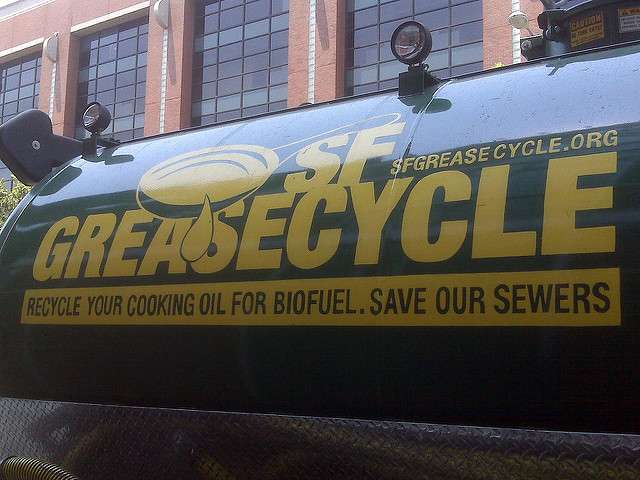How Grease Interceptors can Reduce Greenhouse Gases
Food establishment operators already know the benefits of using grease interceptors to capture used oil and grease — cleaner sewage systems, reduced costs for wastewater treatment plants and fewer fines from municipalities. Plus, you can protect your facility’s interior plumbing and make a little extra money selling used cooking oil to recyclers. But did you…




